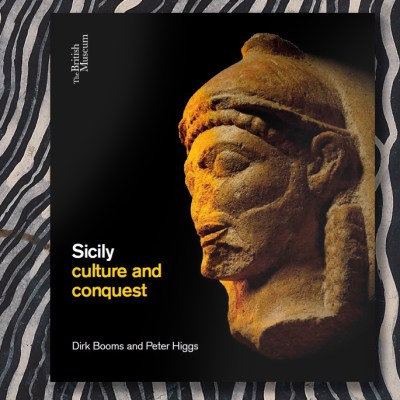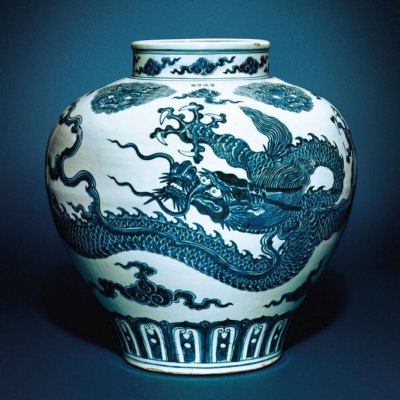Introducing Rakewell, Apollo’s wandering eye on the art world. Look out for regular posts taking a rakish perspective on art and museum stories.
As anyone knows, one man’s educated guess can be as good as another’s empirical evidence. Still, Rakewell was surprised to read a report on a conference in Thessaloniki last week in which archaeologist Konstantinos Sismanidis claimed he had located the tomb of Aristotle. Though Mr Sismanidis stated that he was ‘as certain as one could be’ of his speculative discovery, he did grudgingly admit that he had ‘no proof’ as to its veracity.
The Rake wishes Mr Sismanidis and his powers of clairvoyance all the best, but all the same, he might do well to curb his enthusiasm. Just last weekend, one of Sismanidis’s compatriots was dealt a crushing blow when his supposedly revelatory discovery was revealed to be a load of hot air – quite literally. In 2013 Pavlos Voutos, a hotel owner from Zakynthos, claimed to have discovered the ancient ruins of a submerged city while scuba diving off the coast of the island.
Alas, a study by researchers from the University of East Anglia would seem to have dashed Mr Voutos’s Atlantean dreams. According to Professor Julian Andrews, the author of the report, the ‘ruins’ are in fact rare mineral structures formed by leaks of methane gas.
Not one to be put out, Voutos has refused to accept the scientific findings. ‘I don’t like my intelligence to be belittled,’ he wrote on his Facebook page. ‘I want serious answers from serious scientists.’ One does rather wonder what Professor Andrews makes of that.
Got a story for Rakewell? Get in touch at rakewell@apollomag.com or via @Rakewelltweets.




